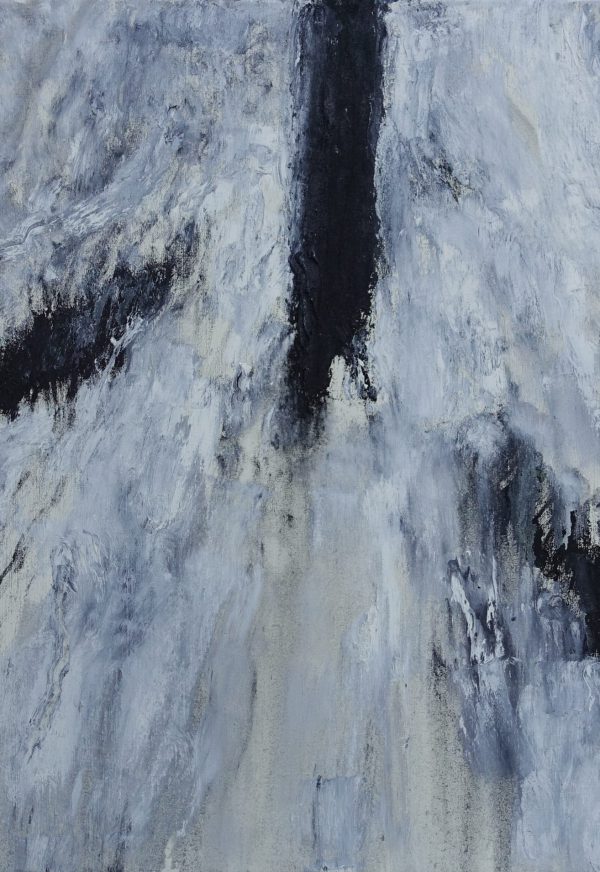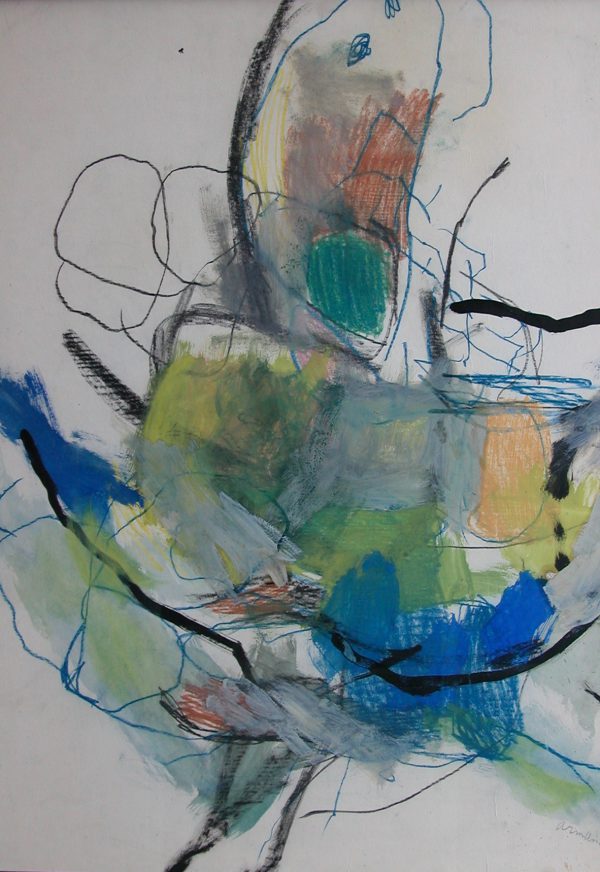1929 Amsterdam
2018 Potsdam
Pseudonym: Herman Dirk van Dodeweerd Armando was born in Amsterdam, and as a child moved to Amersfoort. There he saw, during the German occupation of the Netherlands, how the Nazis set up a “transition camp” for prisoners who were to be sent to concentration camps. The suffering of the victims and the cruelty of the Nazi camp guards, so near his home, influenced him for the rest of his life. After the liberation (1945), he studied art history at the University of Amsterdam. His first solo exhibition was at the Galerie Le Canard, Amsterdam, in 1954. At this time he also started to write poetry. He was influenced by the CoBrA art group, and made abstract drawings—with his left hand, in the dark. He was also influenced by Dubuffet and Jean Fautrier, producing thickly impastoed paintings. In 1957 he was one of the founder-members of the Nederlandse Informele Groep (Informelen), with the painters Kees van Bohemen, Jan Henderikse, Henk Peeters, Jan Schoonhoven and others. By 1959 he had joined the Situationist International (SI) and attended their Third conference, held in Munich April 17–20, 1959. With Anton Alberts, Constant and Har Oudejans he wrote the first proclamation of the Dutch Section of the SI. However, he was expelled from the SI in the Spring of 1960, though continuing to contribute to other Situationist publications like the Situationist Times. He has also contributed to Podium, Gard Sivik, De Nieuwe Stijl, and Barbarber. He lived partly in Amsterdam, partly in Amersfoort, and until 1989 also in Berlin.
Group exhibitions:
Creatie, Museum Fodor, Amsterdam. 1953
Galerie ’t Venster, Rotterdam. 1953
Creatie, Public Library, Amsterdam. 1954
Liga Nieuw Beelden. From 1955

